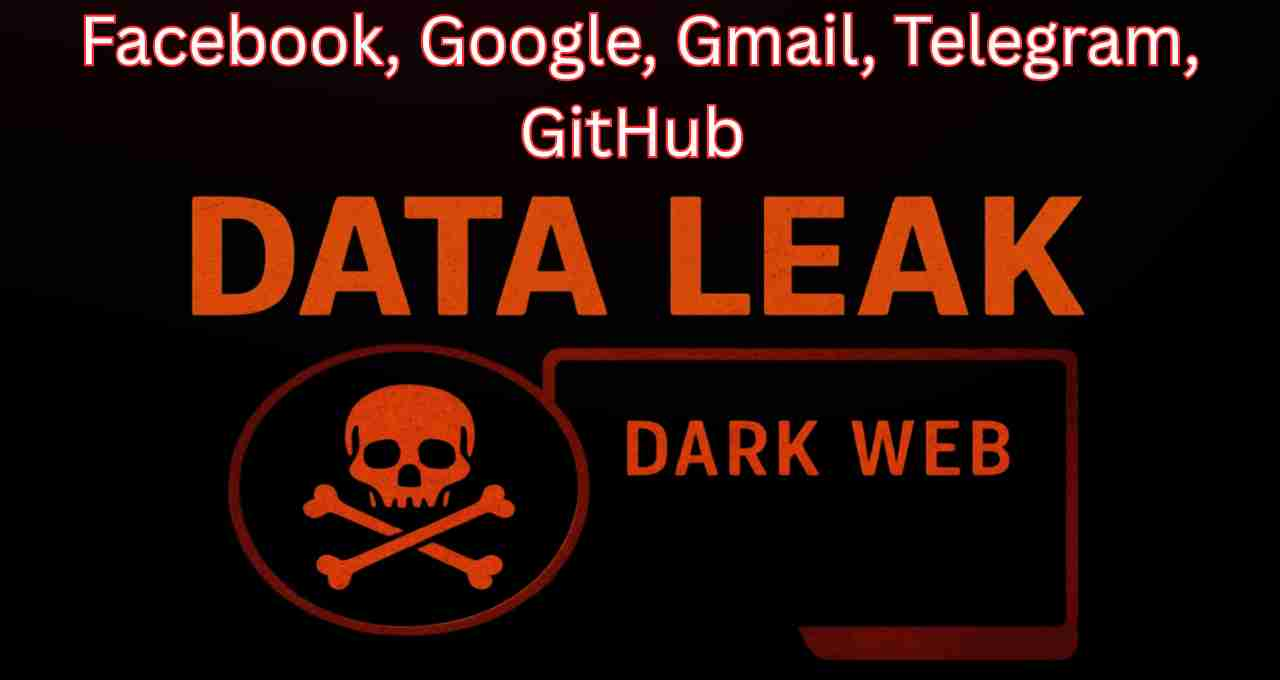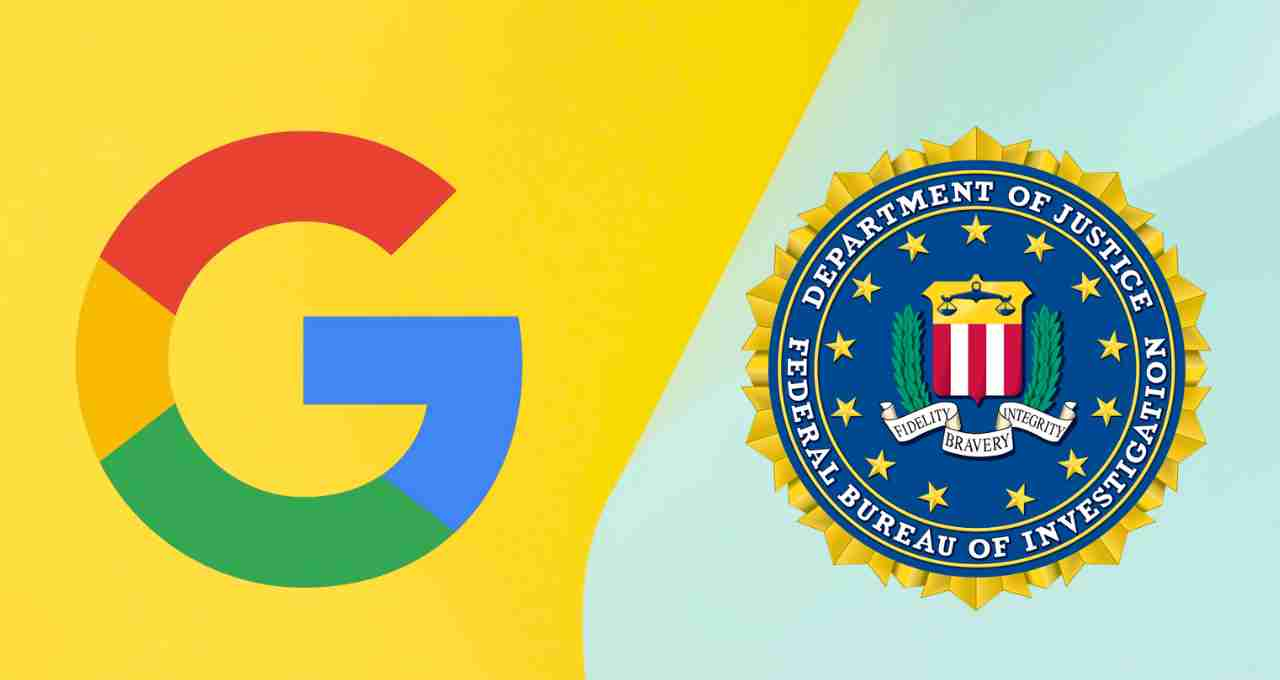Over 16 billion passwords, including those from Facebook and Google, have been leaked onto the dark web. This is being described as the largest data leak to date. Experts recommend changing passwords and implementing security measures like 2FA.
Dark web: In today's digital age, where nearly all our personal and professional information exists online, a massive data leak has sent shockwaves across the globe. The cybersecurity world is grappling with its largest breach yet, with over 16 billion passwords leaked and available for sale on the dark web. Notably, this leak includes information from users of major platforms such as Facebook, Google, Gmail, Telegram, and GitHub.
How dangerous is this data leak?
This leak is considered the largest cyber event in history. The leaked information includes not only social media logins but also sensitive information such as banking details, government portal access, and cloud storage credentials. These passwords are meticulously organized on the dark web—listed with website names, usernames, and passwords—making them incredibly easy for hackers to exploit.
Which accounts were affected?

This mega-leak includes:
- Email accounts: Gmail, Outlook, Yahoo, etc.
- Social media accounts: Facebook, Instagram, Telegram
- Developer platforms: GitHub, GitLab
- Government portals and institutional logins
- Finance and banking portals: Credit card logins, wallets, etc.
How did the leak happen, and who is responsible?
Cybersecurity experts suggest this data may be a compilation of various breaches and hacking incidents, similar to a 'COMB' (Compilation of Many Breaches). The primary source of the leak remains unclear, but the data's sale on the dark web indicates a sophisticated cybercrime operation.
Why has the threat increased?
The most alarming aspects are:
- These passwords are being sold at incredibly low prices, making them accessible to anyone—even those without technical expertise.
- Hackers can easily access accounts using bots and automated scripts to exploit these details.
- This jeopardizes not only individual users but also large corporations and government agencies, exposing them to data breaches, fraud, and espionage.
Google and FBI issue warnings

Given this critical situation, Google advises users to adopt newer technologies like "Passkeys," considered more secure alternatives to passwords.
The FBI has also issued an alert, urging users not to click on unfamiliar links or emails, especially those requesting login or personal details. Phishing attacks significantly increase following such leaks.
How to protect yourself?
Cybersecurity experts suggest that if you use digital platforms—and who doesn't these days—take these five steps immediately:
- Change passwords for all accounts—especially Gmail, Facebook, Instagram, and bank accounts.
- Use b, unique passwords for each platform.
- Enable 2-Factor Authentication (2FA).
- Use a password manager app such as 1Password, Bitwarden, or LastPass.
- Check if your data has been leaked using 'Have I Been Pwned' or other dark web monitoring tools.
What are Passkeys, and why are they better?
Passkeys represent the future of passwords. This login system relies on biometric, PIN, or device authentication, making data theft significantly more difficult. Major companies like Google, Apple, and Microsoft have already implemented Passkeys.











